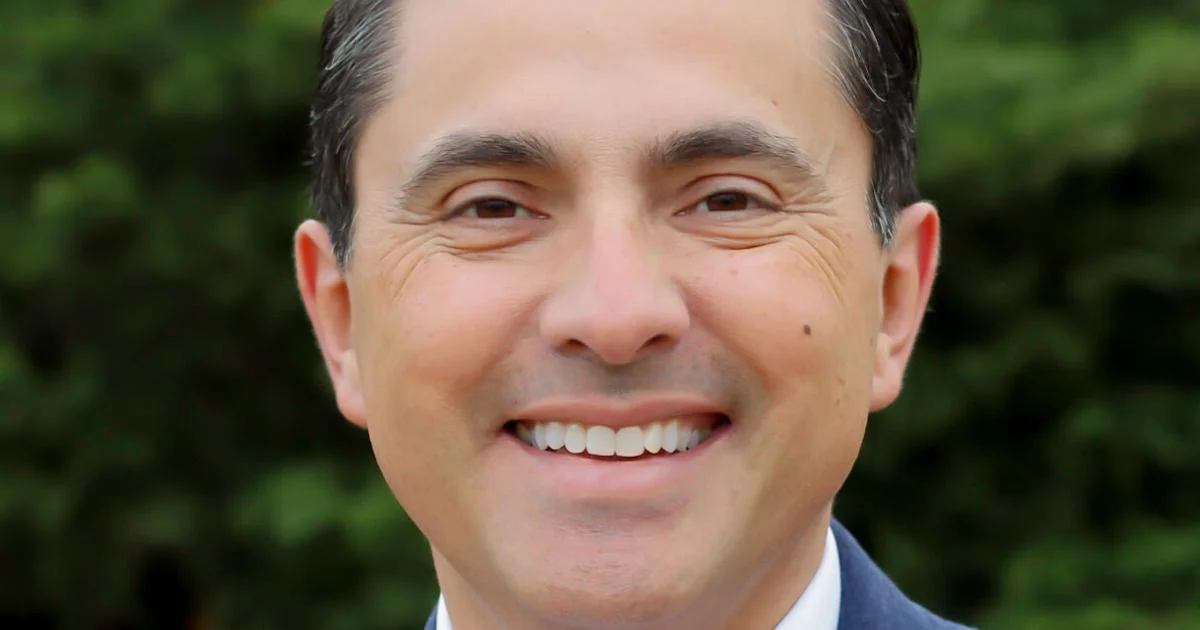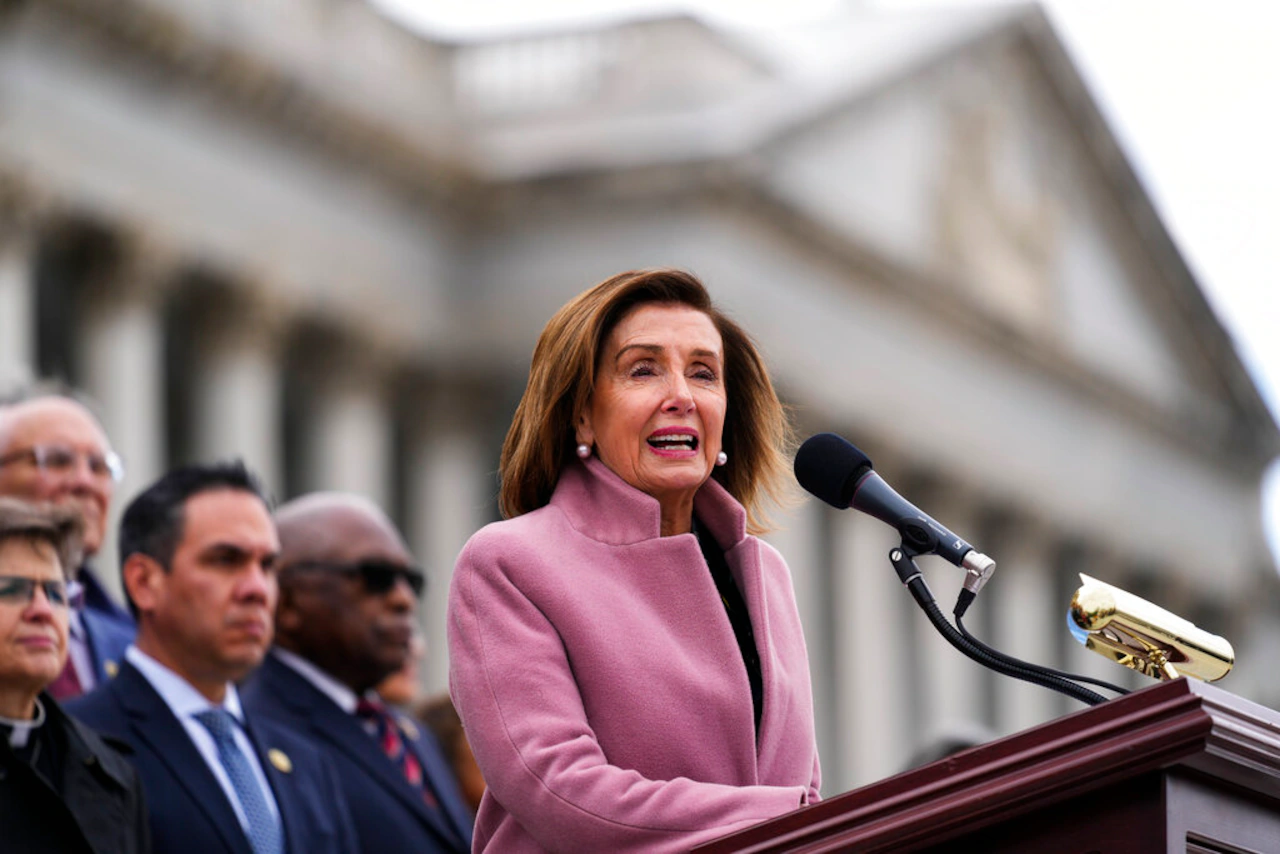Copyright Charleston Post and Courier

Democrats continue to hold basic government operations hostage in an effort to extend expiring health insurance subsidies and prove Milton Friedman’s dictum that nothing is as permanent as a temporary government program. They are pointing to new estimates that average premiums in the health insurance marketplace will increase by 18 percent next year to try to support their claims that COVID-19-era subsidies for those earning more than 400 percent of poverty should continue indefinitely. Democrats have cause and effect backward. Subsidies don’t make coverage affordable; they are a significant reason health care costs have skyrocketed and now cost $5 trillion annually, nearly 20 percent of GDP. Hundreds of billions of dollars of annual ACA subsidies increase premiums because they shield health insurers from market discipline. The same dynamic has occurred with college tuition. Among the biggest victims of runaway premiums are small businesses and entrepreneurs. New data from the Kaiser Family Foundation show the average annual small-business-sponsored family premium is $26,000. How is a Main Street business supposed to purchase the equivalent of a Toyota Corolla for each employee, year after year, on what are often razor-thin profit margins? No wonder the share of small businesses that offer health coverage has significantly declined in recent years. Instead of asking taxpayers to shoulder ever-growing premiums — a cycle that only fuels higher costs — Congress should seize this moment to advance genuine reform. The goal should be to make health care affordable and accessible for small businesses and working Americans by restoring competition, transparency and consumer choice. On the insurance side, deregulation is needed to allow entrepreneurs to come together to form association health plans, which would give them the negotiating leverage and economies of scale of their big-business competitors. Low-premium, high-deductible health plans must also be made legal to serve relatively healthy Americans. The end of the American Care Act-mandated “essential health benefits” can help small businesses design less expensive plans. High-risk pools, with some government funding, can address the 10 percent of Americans who account for two-thirds of health care spending. On the provider side, direct care that clears the exam room of insurance and government bureaucrats can create a competitive, affordable market. Price transparency is a necessary prerequisite for empowering patients and small businesses to choose more affordable options and hold price gougers accountable. Existing cash-based surgical centers, imaging clinics and direct primary care offices demonstrate that this model is possible and affordable. Expanded health savings accounts can make patient health care dollars stretch further. These reform ideas have been around for decades — even if Republicans haven’t always done the best job of explaining them. Yet inertia, politics and massive political donations from the health care industry maintain the status quo. Even with such meaningful reforms, won’t some beneficiaries of these expanded subsidies be left with higher costs? Turns out, the issue is far more nuanced than Democrats would have you believe. Consider that only 4 percent of the projected premium increase is due to expiring subsidies. By far the most significant driver is structural problems unique to the American health care. Additionally, it is worth noting that 35 percent of ACA exchange enrollees did not file a single claim in 2024. That means taxpayers are paying premiums to big health insurance for healthy individuals who don’t require care. There are millions of duplicate enrollees on ACA exchanges and Medicaid. Most of the remaining expansion population could get insurance through their employer if needed. Families earning hundreds of thousands of dollars a year shouldn’t demand their neighbor pay for their coverage — even if (or especially if) it is overpriced. U.S. Sen. Amy Klobuchar, D-Minn., learned this lesson the hard way when she presented a couple who make more than $130,000 from investments and pensions as a so-called victim of expiring expanded subsidies. The debate over expiring subsidies is an opportunity to confront what truly drives unaffordable care: opaque prices, unnecessary middlemen, ridiculous charges and government-distorted insurance markets. Letting the temporary subsidies expire is the first step toward lasting, market-based reform that empowers patients and small businesses — not insurance companies and bureaucrats. Alfredo Ortiz is the CEO of Job Creators Network and the author of "The Real Race Revolutionaries.” He wrote this for InsideSources.com.



